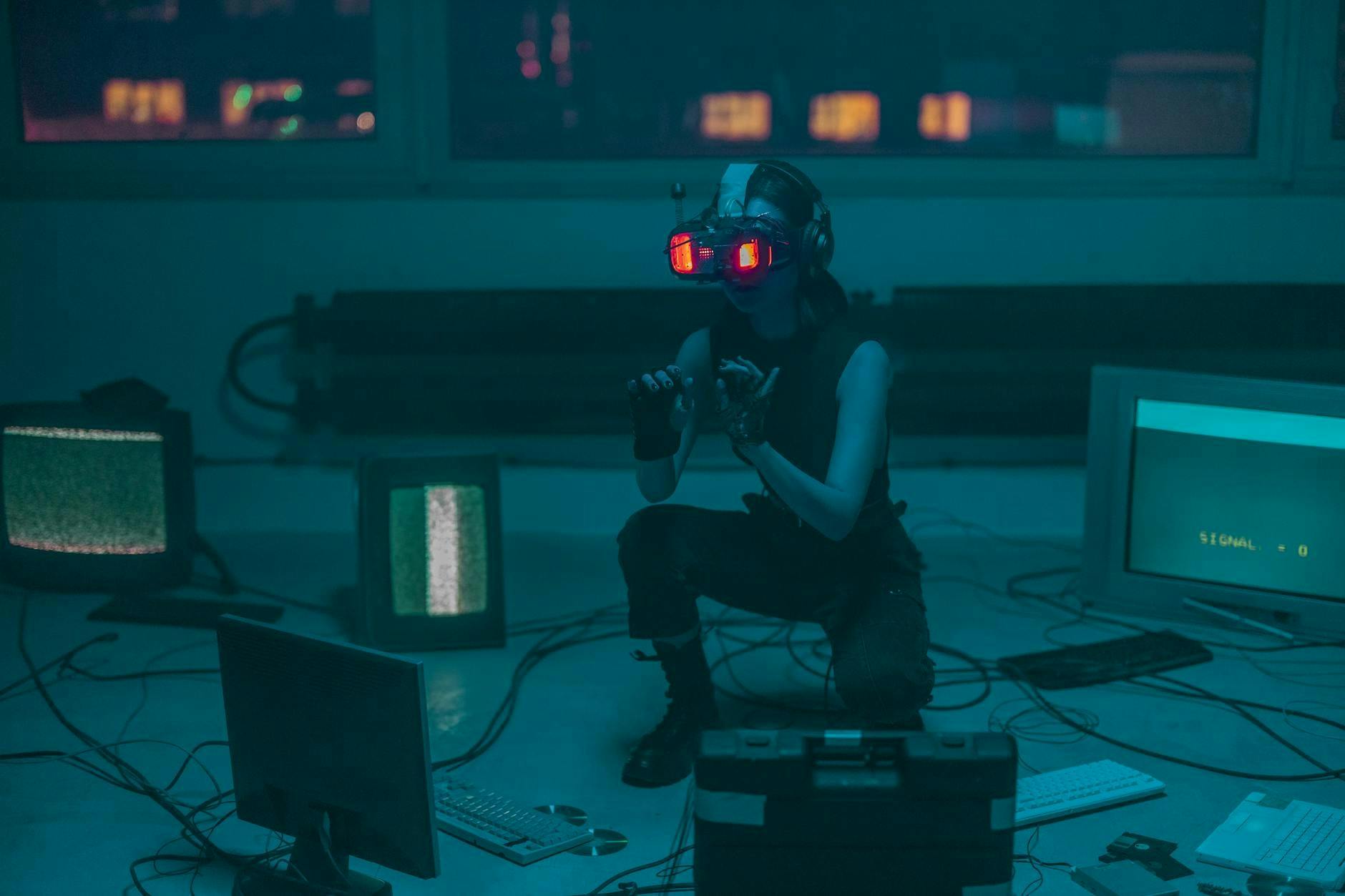
"Artificial influencers have gained popularity due to their ability to evoke real emotions and create genuine connections, challenging traditional perceptions of authenticity in social media."
"As virtual influencers develop distinct personalities and values, a staggering 73% of Gen Z interact with them unknowingly, indicating a significant shift in how authenticity is perceived."
"In a digital age where identity curation is prevalent, the distinction between real and artificial is diminishing, raising larger questions about human perception and connection."
"AI influencers, by being consistently convincing and authentically human, forge emotional bonds that resonate profoundly, suggesting a new paradigm in personal branding and influencer marketing."
Computerized avatars have evolved from being merely beautiful and gimmicky to possessing depth with personalities and values. Gen Z shows a remarkable inclination to engage with these virtual influencers, often without realizing their artificial nature. Authenticity is evolving, where evoking genuine emotions and sparking connections defines success over traditional measures. In a culture of curated identities, the distinction between real and artificial may be losing significance. The ability of AI influencers to resonate emotionally hints at a substantial shift in influencer culture and personal branding.
Read at Hackernoon
Unable to calculate read time
Collection
[
|
...
]